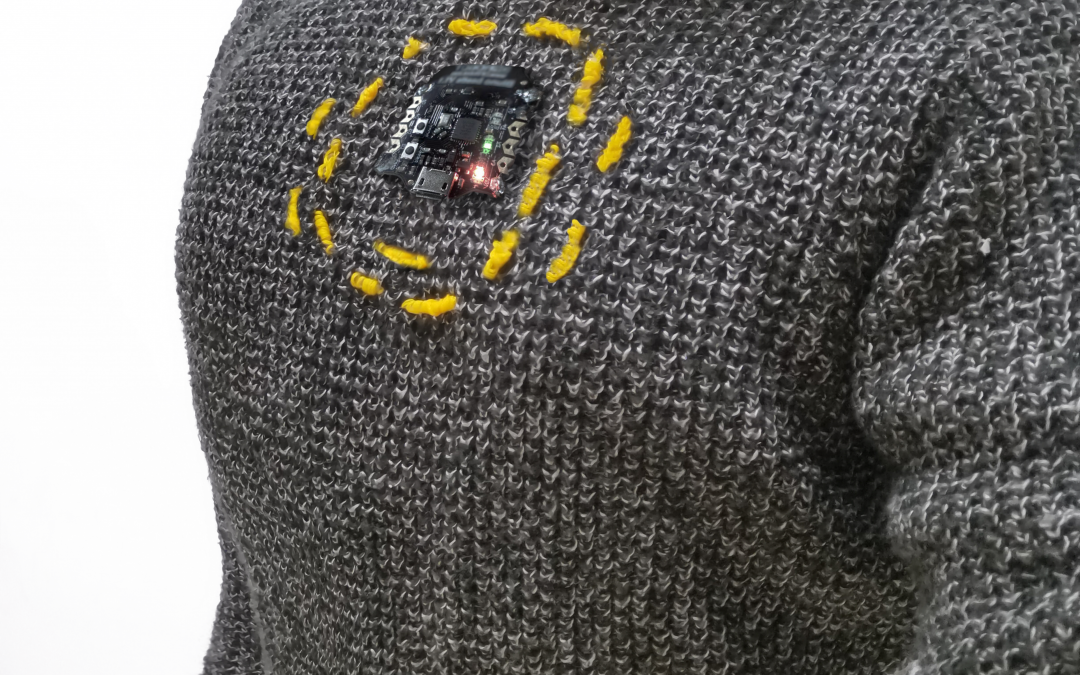A team of bioengineering researchers from UCLA has developed a lightweight, durable and rechargeable fiber battery for potential use in electronic textiles and wearable health-monitoring technologies. The research, led by Jun Chen, an assistant professor of bioengineering at the UCLA Samueli School of Engineering, was recently published in Science Advances.
The research, led by Jun Chen, an assistant professor of bioengineering at the UCLA Samueli School of Engineering, was recently published in Science Advances.
The long-lasting, ultrathin and biocompatible battery is an advancement in the field of wearable bioelectronics, such as those that measure pulse, temperature, humidity and pressure signals. The device employs a hydrogel embedded with graphene oxide as an electrolyte, which allows for the battery to remain flexible yet strong and highly ionically conductive. The electrodes are fabricated with the hydrogel electrolyte as one solid piece rather than multiple loosely connected parts to ensure the battery can function properly even when stretched, bent and washed.
The researchers made the battery with zinc ions instead of the popular lithium ion because zinc is safer, more biocompatible and environmentally friendly. The battery is also cased in silicone to protect human skin from potential contact with the electrolyte.
Similar to a lithium-ion battery, the flexible zinc-ion battery can be charged wirelessly. In tests, the battery maintained a capacity of 98% after 1,000 charge/recharge cycles, making it long-lived even with daily use.
Weighing only 1.26 grams (0.044 ounces) and costing approximately $10, the flexible zinc-ion battery could be readily scalable for mass production according to the researchers. With further development, this technology could evolve to support an array of wearable health-monitoring devices, including being woven into a shirt’s fabric as demonstrated in the study.
Bioengineering graduate student Xiao Xiao is the first author on the paper. Other UCLA authors from the Bioengineering Department include postdoctoral scholar Yihao Zhou, graduate students Xun Zhao and Guorui Chen, and undergraduate students Ardo Nashalian and Sophia Shen. Graduate student Zixao Liu of the Mechanical and Aerospace Engineering Department also contributed to the study along with researchers from Australia, China and Canada.

